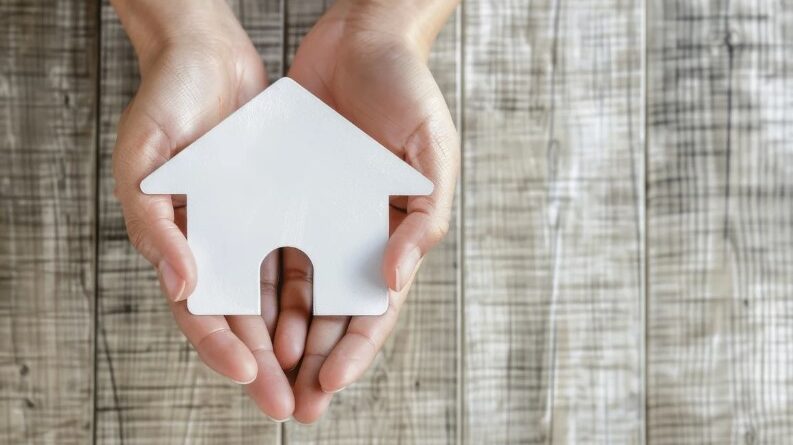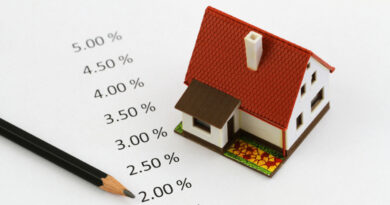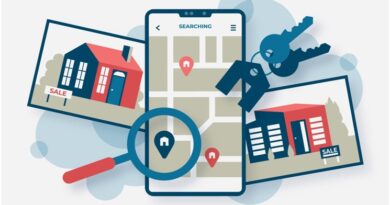The Best Guide to Buying Your Amazing First Home
Buying the first house is always exciting and life-altering, but it can also be overwhelming if you’re not prepared. From understanding the financial aspects to navigating the housing market, there’s much to consider. A well-planned approach can make this journey smoother, helping you find the perfect home while making informed decisions. In this guide, we’ll cover everything you need to know—from saving for a down payment to choosing the right neighborhood, working with real estate agents, and closing the deal. Let’s dive into the essential steps that will turn your dream of homeownership into a reality.
1. Assess Your Financial Situation
The first step in buying your dream home is assessing your financial health. This means calculating your budget, understanding your credit score, and determining how much house you can realistically afford. It’s crucial to know your monthly income, debt, and expenses to get a clear picture. Ideally, your mortgage payment should not exceed 28-30% of your gross monthly income.
Improve Your Credit Score: A better credit score boosts your chances of mortgage approval and it also helps you secure a lower interest rate. Start by reviewing your credit report, fixing any errors, and paying down debts.
2. Get Pre-Approved for a Mortgage
Before starting the house hunt, it’s vital to get pre-approval for a mortgage. A pre-approval letter shows sellers that you’re a serious buyer, which can give you a competitive edge, especially in hot housing markets.
3. Research and Choose the Right Neighborhood
Finding the right neighborhood is just as important as finding the perfect home. Spend time researching different areas, considering factors such as:
- Proximity to Work and Schools: Is the commute reasonable? Are there good schools nearby if you have or plan to have children?
- Amenities and Lifestyle: Look for areas that match your lifestyle needs, whether it’s parks, restaurants, shopping centers, or public transportation.
- Safety: Research crime rates in the area to ensure you’ll feel comfortable and secure.
- Future Development Plans: Look into future development plans in the area, which can affect property values.
Taking the time to visit neighborhoods at different times of day will give you a sense of the community’s atmosphere.
4. Find a Real Estate Agent
While you can search for homes on your own, working with a licensed real estate agent will save you time and effort. An experienced agent understands the local market, can guide you to properties that meet your criteria, and help negotiate the best price. They also handle legal documentation, ensuring everything runs smoothly.
When choosing an agent, ask for referrals, interview a few candidates, and check their track record in helping first-time buyers for your region. For example, we recommend for first-time Australian house buyers to check out Bassendean real estate agents.
5. Start House Hunting
Now comes the exciting part—house hunting! Use online platforms to search listings, attend open houses, and keep an eye on new listings that fit your budget and preferences. As you visit homes, make note of key features such as the size, layout, age, and condition of the house. Don’t get swayed by aesthetics; focus on the foundation, plumbing, roofing, and electrical systems, which can incur significant costs down the road.
6. Make an Offer
Once you’ve found your ideal home, it’s time to make an offer. Your real estate agent will guide you through this process by comparing similar properties in the area (also known as “comps”) to ensure your offer is competitive. Just be careful, the price difference for buying a home in Australia is radically different from place to place.
Be prepared to negotiate, as the seller may counter your offer. Depending on the market conditions, you might also face bidding wars, so stay within your budget and don’t let emotions drive your decision.
7. Secure Financing and Close the Deal
After the inspection and appraisal, it’s time to finalize your mortgage. Stay in close contact with your lender to ensure all necessary paperwork is completed. Before closing, review the final loan terms to ensure they align with what was previously discussed.
During the closing process, you’ll sign numerous legal documents, pay closing costs (which typically range from 2-5% of the home’s price), and finally receive the keys to your new home!
Conclusion
Buying your first home is a complex process, but with the right preparation and expert guidance, it can be a rewarding experience. By carefully assessing your financial situation, choosing the right neighborhood, and working with experienced professionals, you’ll be well on your way to securing a home that meets your needs and dreams. Happy house hunting!



